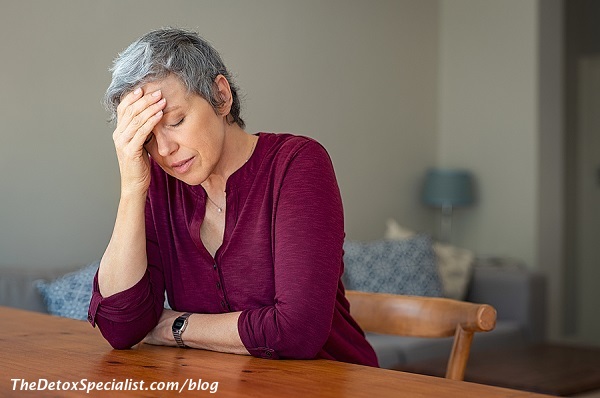
There is no doubt that looks can be deceiving. This is especially true when it comes to your health. Sometimes, you can appear as if everything is going great while you know deep inside that things aren’t what they seem. It could be a chronic condition or you are struggling with a mental health disorder. Or, maybe you haven’t been able to pinpoint exactly what the problem is — you just know that it is there and the rest of the world seems oblivious to it.
Hidden illnesses like these can lead to severe anxiety and depression since there is a disconnect between how people perceive you to be and how you actually feel. That can aggravate symptoms and make things worse. You do not have to withdraw into yourself at these times. Instead, learn a few strategies for coping with your feelings and moving on to a stronger, healthier you.
Fueling Recovery
When you are hurting inside, it can be easy to neglect your physical needs. However, eating a balanced and nutritious diet is critical for your overall well being. Unfortunately, it isn’t always a possibility. There are a lot of reasons that people don’t get the nutrients they need from their diets. When that happens, supplements can be used to meet dietary needs. Dr Amy Lee has worked to bring cutting edge science to nutritional supplements so you can have better health even if your diet is lacking.
Related reading: What Your Diet May Be Missing
Conquering Stress
Stress may be a natural part of life, but too much can wreak havoc on your physical and emotional health. Try a meditation technique designed to help reduce the stress response. A simple breath meditation can take as little as five minutes and can be done almost anywhere you happen to be. Tai chi is a gentle form of exercise that has proven beneficial to a lot of people for improving physical stamina, reducing pain and reducing stress.
Finding Connection
Connecting with others is crucial to your wellbeing. People are stronger when they have others they can turn to for help and support. A solid support system is part of most addiction recovery programs for that very reason. Spend time every week with friends that you can trust. If you don’t have an established social group, join a local club to meet others who share your interests. If there is nothing nearby, you can turn to the internet to cast a wider net. You might also consider starting your own group.
Just because everything looks great on the outside doesn’t mean it actually is. Learn to recognize the signs that things aren’t quite right and implement positive coping strategies to overcome the anxiety and pain of a hidden illness.



